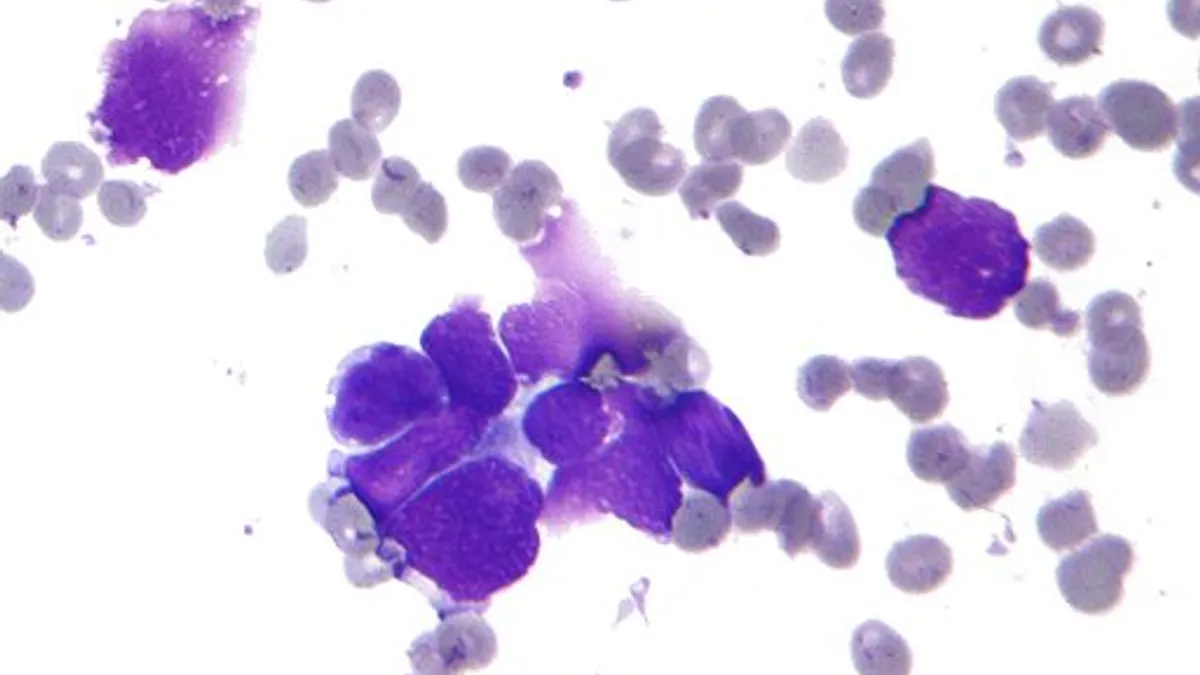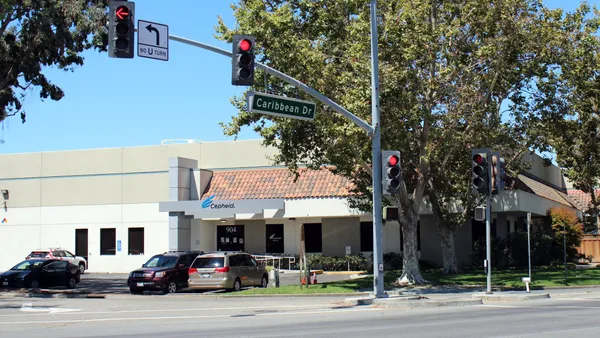Dive Brief:
- The board of governors of the Patient-Centered Outcomes Research Institute approved $1.4 million in funding for a University of Texas MD Anderson Cancer Center project that aims to increase lung cancer screening rates among high-risk smokers.
- The award is one of two approved by the PCORI board that builds on research the organization has funded with programs to implement the findings. The second provides $860,000 to back a Cincinnati Children’s Hospital project designed to improve care for adolescents with behavior problems following traumatic brain injury (TBI).
- PCORI said it has approved nearly $31 million for projects to support implementation of its research, with the goal of helping patients make informed healthcare decisions.
Dive Insight:
The Affordable Care Act established PCORI to compare the effectiveness of different medical treatments. The independent nonprofit organization is funded through fees imposed on health insurers and self-insured plan sponsors. To date, PCORI has financed more than $2 billion in research and related projects, according to its website.
The goal of the MD Anderson Cancer Center project is to help boost lung cancer screening rates that are low nationwide. A University of Louisville analysis published last year in the American Journal of Managed Care found that fewer than 2% of the more than 7.5 million eligible smokers were screened for lung cancer in 2016. Medicare approved payment for low-dose computed tomography in 2015.
Lung cancer is the most common cancer diagnosed in both men and women, and the disease is expected to cause more than 140,000 deaths in the United States this year, according to the American Cancer Society.
The MD Anderson project seeks to expand use of a decision aid shown to inform patients at high risk for lung cancer about screening. The project will train staff at smoking hotlines in eight states to identify and refer high-risk smokers to use the decision aid "Lung Cancer Screening: Is It Right for Me?" and other resources to encourage people to discuss screening with a healthcare provider.
The award to the Cincinnati Children's Hospital will fund a project that aims to increase access to a type of TBI therapy called family problem-solving. PCORI-funded research showed a less resource-intensive form of the therapy offered via a self-guided online program was as effective as both a therapist-guided online version and treatment in a clinic. The new project will offer all three approaches at 10 children's hospitals with the hope that the self-guided option will expand families' access to post-TBI care.
In addition to the two funding authorizations, the board also heard an overview of its research on improving care for multiple sclerosis patients. PCORI has awarded $69 million for 12 studies and related projects to examine MS treatment approaches. Research is focused on comparing medications used to slow disease progression, therapies designed to treat symptoms, and the effectiveness of rehabilitation through telehealth.










